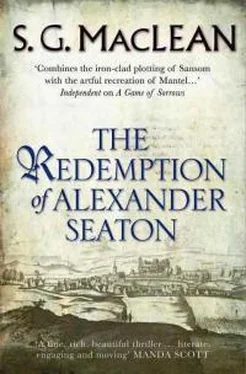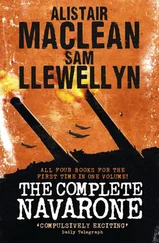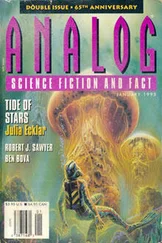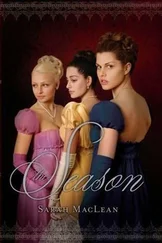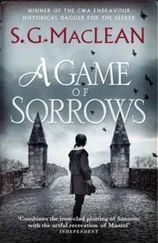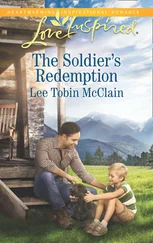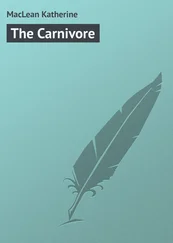Gilbert Grant went across and laid a hand on his shoulder. ‘Come, my friend. You cannot undo what is done. It is God’s will.’
The provost’s wife returned, followed into the room by a servant bearing trays of dates, nuts, bread and cheese, and another with wine and goblets. Geleis Guild took the wine herself and poured generous measures for those who would take it. Then she took the trays from the servant, set them on a trestle near the fire, and urged us to eat. It was early in the morning for wine, but I suspected the provost kept a good cellar and I accepted a goblet gratefully. I was not disappointed. The others all ate and drank sparingly, save the minister, whose enthusiasm for sating his appetite was, I thought, misplaced. We were thus engaged when the sound of some commotion in the street reached us from the doorway. I turned towards it in time to see my drenched and mud-splattered friend, the master of the music school, thrust through it by the two town serjeants, who hastily shut and barred it against the jeering mob. Though thick, the door could not keep out the repeated cries of ‘murderer’ and the shrill sound of one voice screaming, ‘You will hang, Charles Thom, you will hang.’
Jaffray said nothing for a few moments. He dropped heavily into his chair and clenched his eyes tight shut. He was a man beyond exhaustion. The boy who had knelt down to remove his boots waited awkwardly and looked at me for guidance. I motioned towards the door and he got up and walked silently from the room.
‘I cannot believe it, Alexander. Their folly, my God, their folly.’ I crouched before him and started to remove the boots myself. The old familiar face was etched with lines of despair he usually masked in the face of the worst of human suffering. Whether from the great fatigue of his night and morning’s journeying, or his love for the young man who now lay bound in irons in the tolbooth, he could mask it no longer. I persuaded him to have some of the wine the girl had brought in, but he would eat nothing. He had had little sleep or sustenance since leaving the inn last night, and only the blank refusal of the town serjeants to allow him access to Charles in the tolbooth had forced him home now.
‘And you also think it was poison, then?’
‘I am near certain of it. I shall know more by tomorrow. My examination should reveal something of the nature of the compound or the manner of its administration. I would with all my heart that I were more knowledgeable in these matters, Alexander, but my skill is with the living, not the dead.’ He swallowed some wine and a determination came upon his face. ‘I must rise to it, though, and Arbuthnott will assist me, for there is no one else. There is no one else who can do this work for the boy.’ I did not know if it was Charles Thom or Patrick Davidson he spoke of. It scarcely mattered which. No one in Banff had a greater knowledge of medicines than did James Jaffray, nor of simples and compounds than Edward Arbuthnott – no one, apart perhaps from Patrick Davidson himself, and what he knew he now must rely on these two men to tell.
Jaffray’s initial examination of the body had been necessarily cursory. The watch at the West Port had been alerted to stop him and sent him directly to the provost’s house on his return to the burgh from Findlater. He knew the whole story – or as much as anyone did – by the time he alighted from his exhausted horse at the Castlegate. Charles, in a state of utter distraction, had already been marched down to the tolbooth by the baillie and the two town serjeants. The corpse remained in the great hall of the provost’s house. The discolouration of the mouth and tongue and of the fingers had been enough to tell Jaffray the young man had been poisoned. At length, the provost and the minister had reluctantly agreed that the corpse of Patrick Davidson should be removed from its present resting place and taken to the doctor’s home, where he, with the assistance of the town’s apothecary and one of the burgh barbers, should perform the necessary autopsy. Even as we spoke, I could hear the servant boy preparing the instruments the doctor would need for the operation. The barber would bring his own. In a little over two hours, these three men would commence their gruesome task.
Jaffray stood up in some agitation. ‘Damn them, Alexander. Damn them! What in all of creation has made them think Charles could have done this thing? What are the fools thinking? They have an innocent man in the wardhouse while a murderer laughs in the shadows. If only I had been here.’
‘You could have done nothing, here or no. I tried my best but it availed me nothing. It availed him nothing.’
‘Aye, but you …’ Jaffray stopped himself and a silence hung in the room; he was sorry for what he had been about to say. He need not have been sorry, for I knew it to be the truth. I was not a man whose word could save another. The pledge of one such as I was worthless. Jaffray had standing and respect. Jaffray was trusted and well-liked. If any man could choose one between us to vouch for him, no man would choose me. Yet not even James Jaffray could have prevented Charles Thom being warded in the tolbooth of Banff. And in the tolbooth Charles would stay, to await the decision of the magistrates’ court and then the assizes, on a charge of having murdered Patrick Davidson.
‘Not even you could have helped him, James. They had him condemned before he ever opened his mouth. In truth, the case against him is strong and he says nothing in his own defence. It was only last night that you and I joked with him over it. Cardno, as you know, noted our every word. The whole town knows Charles is besotted with the girl, but that she was casting her eye elsewhere.’
Jaffray knew too well the way of burgh gossip to discount this argument. ‘They are in the wrong, I am sure of it. He cannot suffer this injustice. We must see to it that he is brought to liberty.’
I had expected no less, but Jaffray’s belief would have to be tempered by an appreciation of just how bad things were. ‘Much stands against him, James. He does himself no favours. When the news was brought to Arbuthnott’s this morning, Charles was found not at the apothecary’s, or the song school, but in the kirk. Praying.’
I could see that this revelation shook Jaffray as it had startled me. The formality of Charles Thom’s religious observance had once been a great matter of debate between him and myself. I knew that to him the incantations he was paid to perform in the kirk were but empty ramblings, and that he had little real faith. Then it had been a matter of concern to me. Now though, we no longer spoke of such things. For now I knew too well how a man might exist in that state, although the notion of happiness was not relevant. It was to Charles’s credit that he had never once gloated over my new understanding. I knew he pitied in me the loss of what he had never had. That Charles Thom should have been found praying desperately in the kirk the morning after Patrick Davidson’s murder was a greater cause for concern to me than anything else that had happened in the last twelve hours. Jaffray was the only other man in Banff who would understand this.
‘Then he is in desperation.’
‘Yes, James. I fear he is.’
He sat down again and passed these things over in his mind. At length he looked up. ‘And he offers no defence? No explanation?’
I shook my head. ‘None. All he would tell the baillie was that he had gone directly to Arbuthnott’s after leaving the inn last night. The apothecary looked somewhat surprised at this, and I have to say that I do not altogether believe it myself. He claimed to have risen early this morning to attend to matters in his school, but again that is something of which I have doubts – as did the others who heard it.’
Читать дальше
